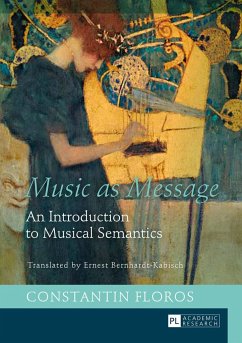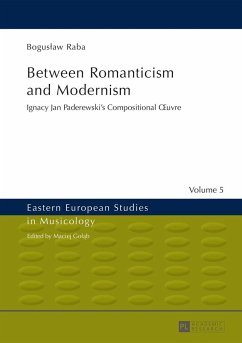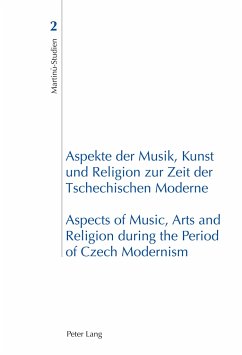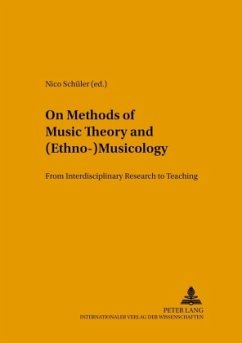
The Symphonic Works of Leos Janácek
Versandkostenfrei!
Versandfertig in 6-10 Tagen
80,20 €
inkl. MwSt.

PAYBACK Punkte
0 °P sammeln!
This book investigates the spectrum of meaning inherent in six orchestral works by Leos Janácek. It codifies his compositional style, first through a thorough examination of its origins in folk music and speech-melody, then in discussions of the features of its melody and motivic techniques. His harmonic style and multiple organizations of tonality are examined in rich detail. The analysis section consists of the examination of each musical work's musical elements, its affective and programmatic associations, as well as four narrative codes through which the listener discovers further meaning...
This book investigates the spectrum of meaning inherent in six orchestral works by Leos Janácek. It codifies his compositional style, first through a thorough examination of its origins in folk music and speech-melody, then in discussions of the features of its melody and motivic techniques. His harmonic style and multiple organizations of tonality are examined in rich detail. The analysis section consists of the examination of each musical work's musical elements, its affective and programmatic associations, as well as four narrative codes through which the listener discovers further meaning in the work: the hermeneutic code (which governs enigmas), the semic code of musical motives, the proairetic (formal) code, and the referential code (which draws on analogous passages from other pieces of music).














